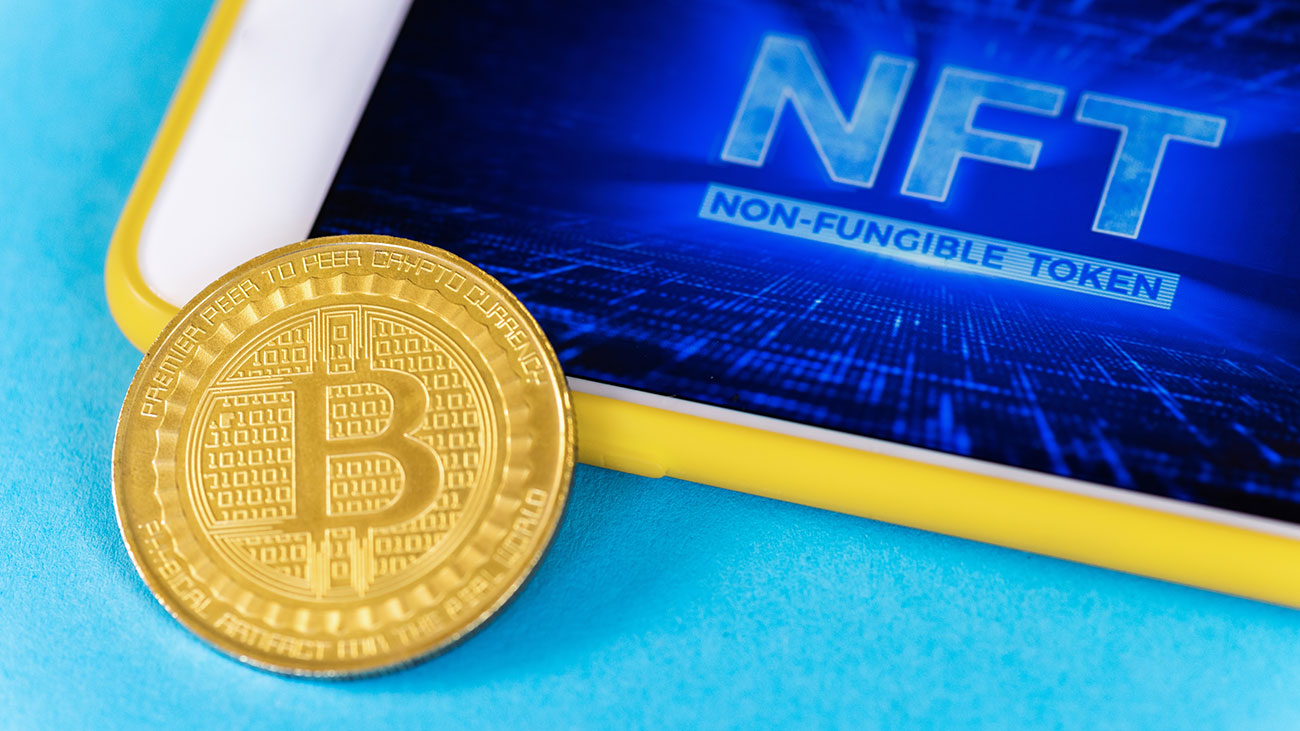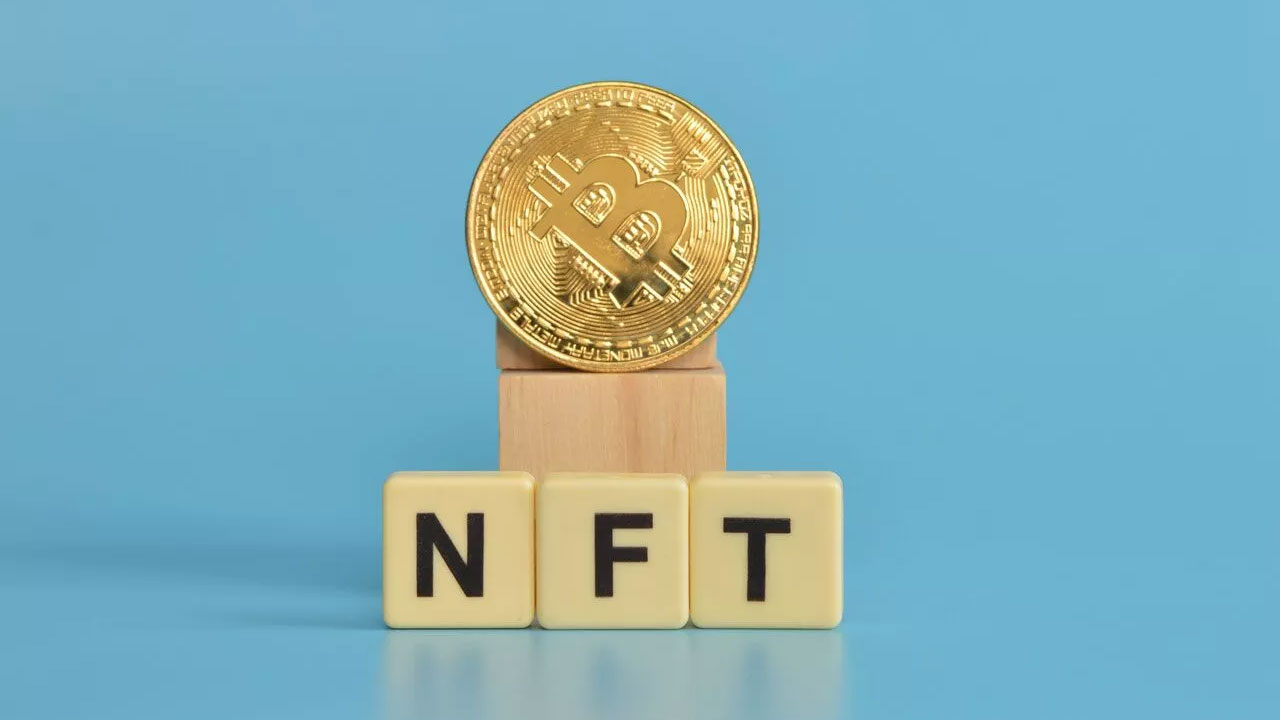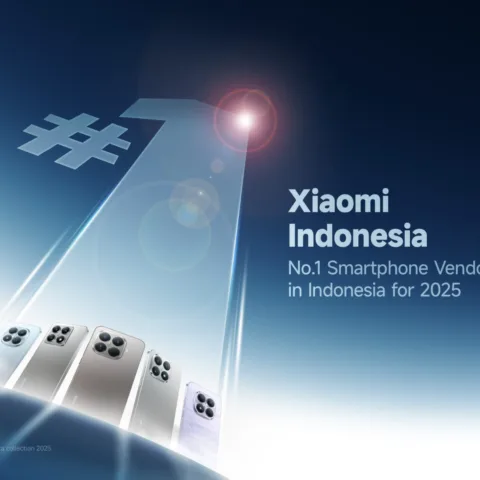Although bitcoin is still not considered as legal tender in Indonesia, usage continues among bitcoin proponents. Bitdoku founder, Tiyo Triyanto, pointed out that bitcoin transactions continue to rise from year to year.
“Daily bitcoin circulation numbers in Indonesia only have reached 150-200 bitcoins. Last year, it was around 10 bitcoins per day,” he said, adding that transaction values is around Rp 600,000.
BitX CEO Marcus Swanepoel said that he has seen “very good growth in adoption of the BitX Bitcoin wallet in Indonesia”.
“And we plan to build on that to provide even better products and services to our Indonesian customers over the next year,” he pointed out.
Tiyo futher added that early bitcoin adopters and bitcoin traders were the ones keeping up bitcoin use. Traders were mostly people who have experience in foreign exchange and the stock market. “They are trying to gain profit by buying bitcoin now that it is cheap, and sell the bitcoin again once prices go up,” he added.
However, overall bitcoin transaction volume and value is hard to pinpoint given the nature of the the payment tool.
“Bitcoin is just one big global ledger and nothing really moves across borders. It just exists everywhere at the same time, similar to the internet,” Marcus said.
According to Marcus, transactions continue to happen because there exists particularly strong use cases of bitcoin usage for micropayments, such as media content monetization, and e-commerce.
However, the current state of bitcoin trade is not supportive of a viable future growth of this payment alternative.
“The development of bitcoin in Indonesia lags behind because bitcoin is only used by the same people. There is no breakthrough in introducing the benefits of bitcoin,” Tiyo pointed out.
Moving forwards, bitcoin providers should engage more with the Indonesian government to help regulators gain a deeper understanding of bitcoin.
“As Bitcoin is a very new technology many of the central banks and regulators around the world are still trying to get their heads around it and we’ve been playing a proactive role in helping these parties gain a better understanding of the technology and the benefits it offers to consumers,” Marcus said.
He added that the U.S. played an important role in prompting other countries to officially recognize virtual currencies.
The U.S. recently issued BitLicense, the primary regulatory framework on bitcoins created by the New York Department of Financial Services with the cooperation from global industry players.
“This means that Bitcoin will now for the first time officially be regulated in NY and we foresee other states and governments around the world adopt this framework and customise it locally to similarly provide some regulatory clarity,” Marcus noted.













